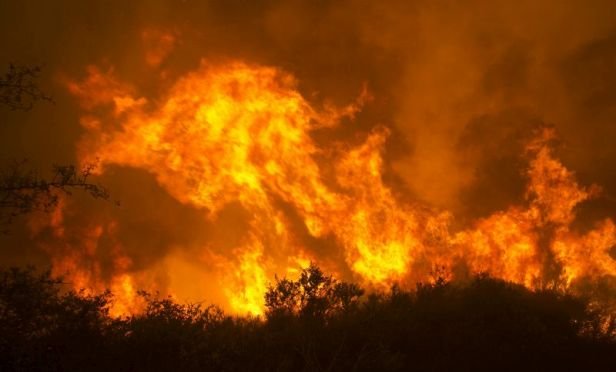 An estimated 3.6 million residential properties in California are situated within wildland-urban interface areas, with more than one million of these residences highly exposed to wildfire events. (AP Photo/Rich Pedroncelli)
An estimated 3.6 million residential properties in California are situated within wildland-urban interface areas, with more than one million of these residences highly exposed to wildfire events. (AP Photo/Rich Pedroncelli)
In 2017, California experienced the worst fire season in history.
Recommended For You
Want to continue reading?
Become a Free PropertyCasualty360 Digital Reader
Your access to unlimited PropertyCasualty360 content isn’t changing.
Once you are an ALM digital member, you’ll receive:
- Breaking insurance news and analysis, on-site and via our newsletters and custom alerts
- Weekly Insurance Speak podcast featuring exclusive interviews with industry leaders
- Educational webcasts, white papers, and ebooks from industry thought leaders
- Critical converage of the employee benefits and financial advisory markets on our other ALM sites, BenefitsPRO and ThinkAdvisor
Already have an account? Sign In Now
© 2025 ALM Global, LLC, All Rights Reserved. Request academic re-use from www.copyright.com. All other uses, submit a request to [email protected]. For more information visit Asset & Logo Licensing.









